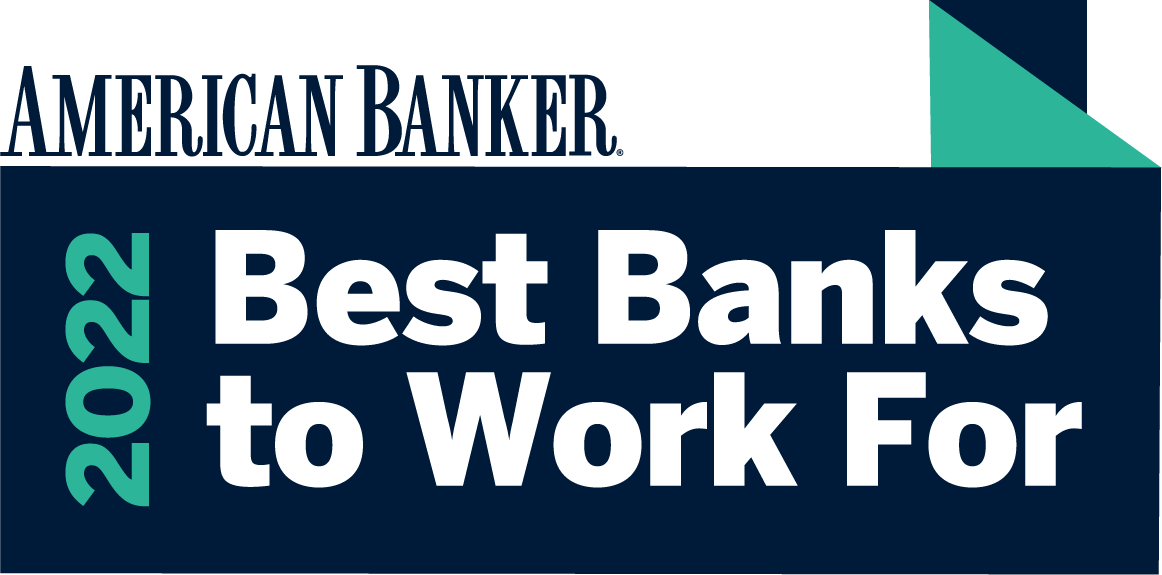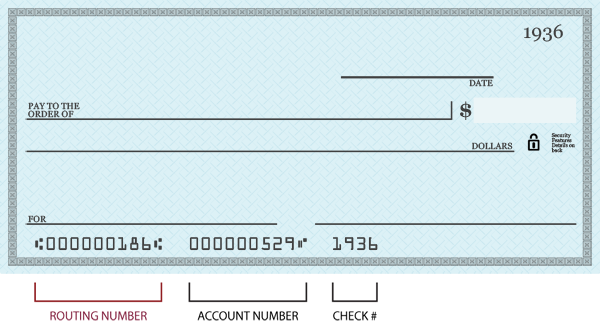Are you looking to establish and build your small business credit, but don’t know where to start? You’re not alone. This can seem like a daunting task, particularly if your business is new, but consider that businesses can obtain 10 to 100 times greater financing than an individual. According to the U.S. Small Business Administration, 65% of all business owners use credit to help finance their venture. However, only 50% of those owners have filed their credit under the business’ name rather than using their personal credit. The reason — they don’t know how.
As a business owner, comingling personal and business credit can have serious risks. If there are financial missteps in your shop and/or your company is sued or fails, your personal assets, credit history, credit score, and credibility may be negatively impacted. And vice versa if your personal credit takes a hit.
Establishing strong business credit is critical for any small business in order to obtain loans, increase credit lines, secure favorable credit terms and attract business prospects. Unlike personal credit reports, anyone – including suppliers, partners and customers – can look at your business’ credit report just like an employer would review an individual’s resume.
So how do you build credit in your company’s name without connecting it your personal credit? The process is not all that different from building a personal credit profile. Here are five tips to get started establishing credit for your small business:
- Incorporate your business. If you are currently operating as a sole proprietor, you should incorporate your business into a company formally recognized by the state of incorporation. By creating a separate legal entity, you allow your business to have a structure and credit rating apart from your own.
- Apply for a federal identification number (EIN). Issued by the Internal Revenue Service, an EIN is very similar to a Social Security number for your business, and is used to identify a business for tax and credit purposes. An EIN is not only required to open a business bank account, but it may also be required by vendors in order to pay them for their services. Applying for an EIN is a free service and can be done through an online application.
- Open a checking and savings business bank account. Using your EIN number, open both a checking and savings account in the business’ legal name. This will help establish credit and allow your company to get a loan. A loan, using the business’ savings account as collateral, will help establish a sound business credit profile.
- Earn commercial credit with vendors. Whenever you make a business purchase with suppliers – phone, internet, coffee – put those purchases in the name of the business using your EIN for identification. Additionally, you should ask your suppliers to report your payment history to the major credit reporting agencies (CRAs) — Experian, Equifax, and TransUnion. Your business should have a business credit file with all three of these CRAs.
- Pay your bills on time. While each credit bureau may use slightly different methods of crunching business credit scores, all of them consider your payment history. If you can pay your bills earlier, it may help increase your overall business credit score. Very similar to your personal credit, late payments will negatively impact your business’ credit.
Lakeland Bank offers a full range of business banking services including online services, business checking, savings and money market accounts, certificates of deposit, business loans, and cash management solutions. Our Customer Service Team can be reached at 866-224-1379.




